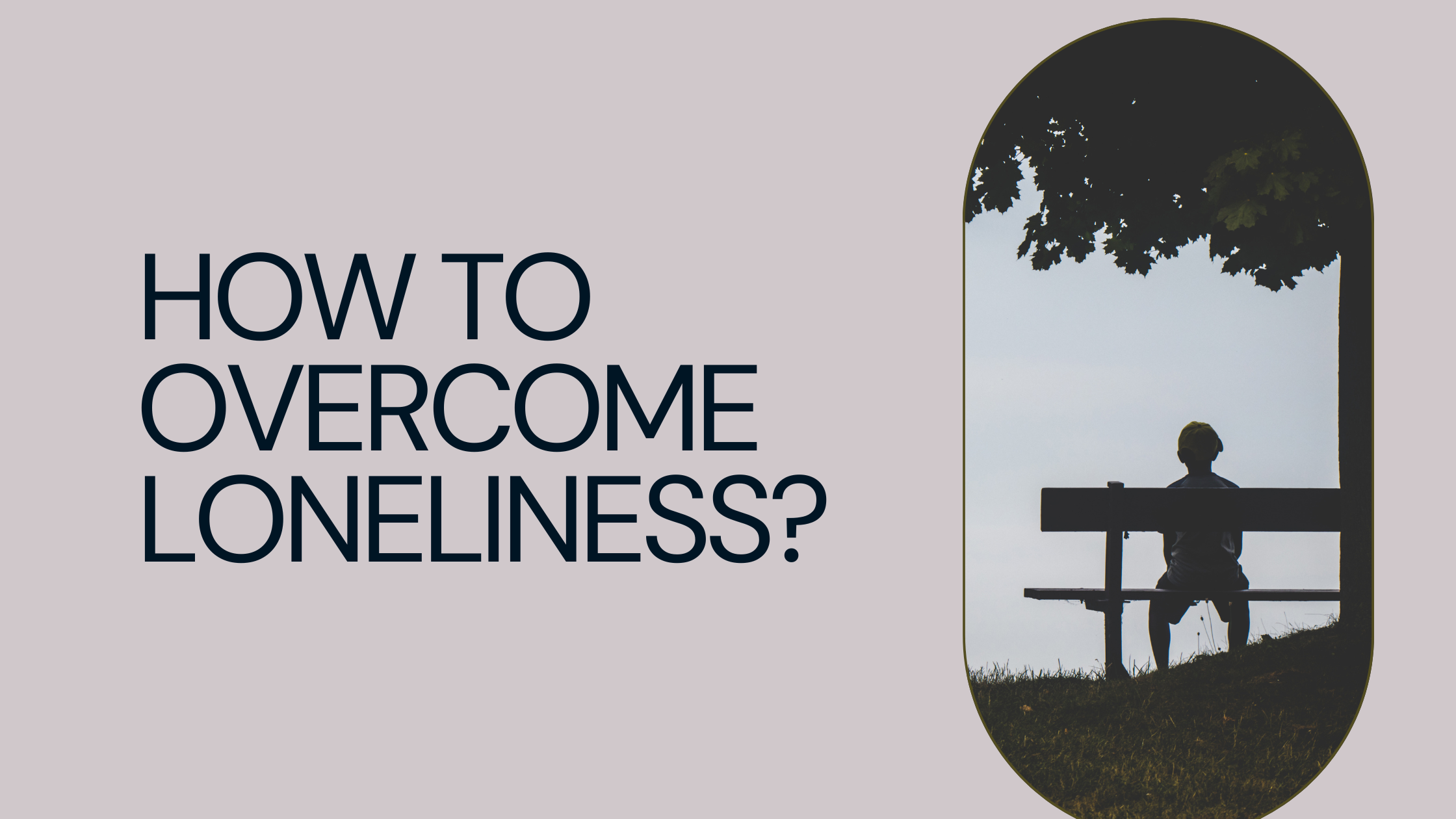HOW TO OVERCOME LONELINESS: Loneliness is a complex emotion that can affect anyone, irrespective of age, background, or social status. In a world where we are more connected to other people than ever, the paradox of feeling lonely continues for many. Overcoming loneliness is not just about filling a void but about developing meaningful connections and promoting a sense of belonging. So, in this article, we will study practical strategies to guide the path from loneliness to connection, empowering people to build fulfilling relationships and adopt a richer, more active life.
Also Read:
- How to Stop Worrying?
- How to Remove Negative Energy?
- How To Control My Emotions?
- How To Forgive Yourself? – Self-forgiveness
Understand the Difference Between Alone and Lonely
It is not necessary that people who are alone would feel lonely. Many people find comfort in solo activities. It’s important to distinguish between healthy isolation and the harmful effects of chronic loneliness. If you feel lonely even in the presence of others or when amused in social activities, it may be an indicator of deeper emotional requirements.
How To Overcome Loneliness
Now, without any delay let us find out the practical strategies that can help you overcome loneliness and build lasting connections.
Expand Social Circles
One effective way to fight loneliness is to energetically expand your social circles. Attend local events, join clubs or classes aligned with your interests, and participate in community activities. These environments provide possibilities to meet like-minded people, promoting the possibility of meaningful connections.
Make Proper Use of Technology for Connection
In our digital age, technology can act as a useful tool for connecting with others. Join online communities related to your hobbies or passions. Engaging in virtual spaces can give a sense of belonging and encourage connections with people who share identical interests.
Involve Yourself in Volunteer Activities
Participating in volunteer activities not only contributes to the well-being of others but also creates possibilities for social interaction. Volunteering connects you with a community of people committed to a common cause, offering a sense of meaning and shared experiences.
Practice Active Listening
Effective communication is the basis of meaningful connections. Practice active listening by genuinely engaging with others during conversations. Show interest in their experiences, thoughts, and feelings. By promoting deep, common conversations, you lay the groundwork for more deep and genuine connections.
Initiate Social Plans
Take the initiative to plan social activities with friends, understanding, or even new connections. Hosting a small gathering, managing a game night, or suggesting a coffee meetup creates possibilities for shared experiences, reinforcing the bonds of friendship.
Attend Social Skills Workshops
If social interactions cause anxiety or if you struggle with effective communication, consider attending social skills workshops. These sessions often deliver practical tips and advice on navigating social situations, maintaining your confidence, and making social networks more enjoyable.
Reconnect with Existing Relationships
Loneliness can continue even when you are in a relationship. So, it is better to take the time to reconnect with friends, family, or acquaintances you may have lost touch with. Restoring old connections can be a source of comfort and support.
Join Support Groups
For those facing some challenges or life transitions, joining support groups can be extremely beneficial. Whether for grief, addiction recovery, or other shared experiences, support groups offer a supportive community where people can connect on a deeper level.
Therapy and Counseling
If loneliness originates from deeper emotional issues, seeking therapy or counseling can provide a safe space to examine these feelings. A mental health professional can offer direction, managing strategies, and tools to guide and overcome loneliness.
Develop Hobbies and Follow Your Passions
Engaging in activities you are passionate about not only gets personal fulfillment but also provides possibilities to meet like-minded people. Whether it’s joining a book club, taking up a new sport, or participating in creative hobbies, shared interests form the basis for meaningful connections.
Set Realistic Expectations
Building connections takes time, and not every relationship will lead to a deep and lasting relationship. Set realistic expectations for yourself and others, allowing relationships to grow naturally. Be patient and open to the possibilities that develop gradually.
Embrace Alone Time
While seeking connection is important, it’s equally important to welcome and appreciate alone time. Creating a healthy relationship with isolation guarantees that your connections are caused by a desire for genuine fellowship rather than a fear of being alone.
Conclusion
Overcoming loneliness is a dynamic and growing process that requires self-awareness, effort, and a readiness to step outside of your comfort zone. By reflecting on your feelings, cultivating self-compassion, developing social circles, using technology for connection, volunteering, practicing active listening, creating social plans, following social skills workshops, reconnecting with existing relationships, joining support groups, seeking therapy, developing hobbies, setting realistic expectations, and welcoming alone time, you can embark on a transformative journey toward connection and fulfillment.








